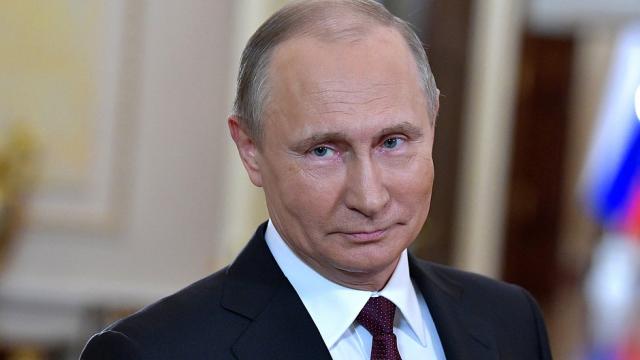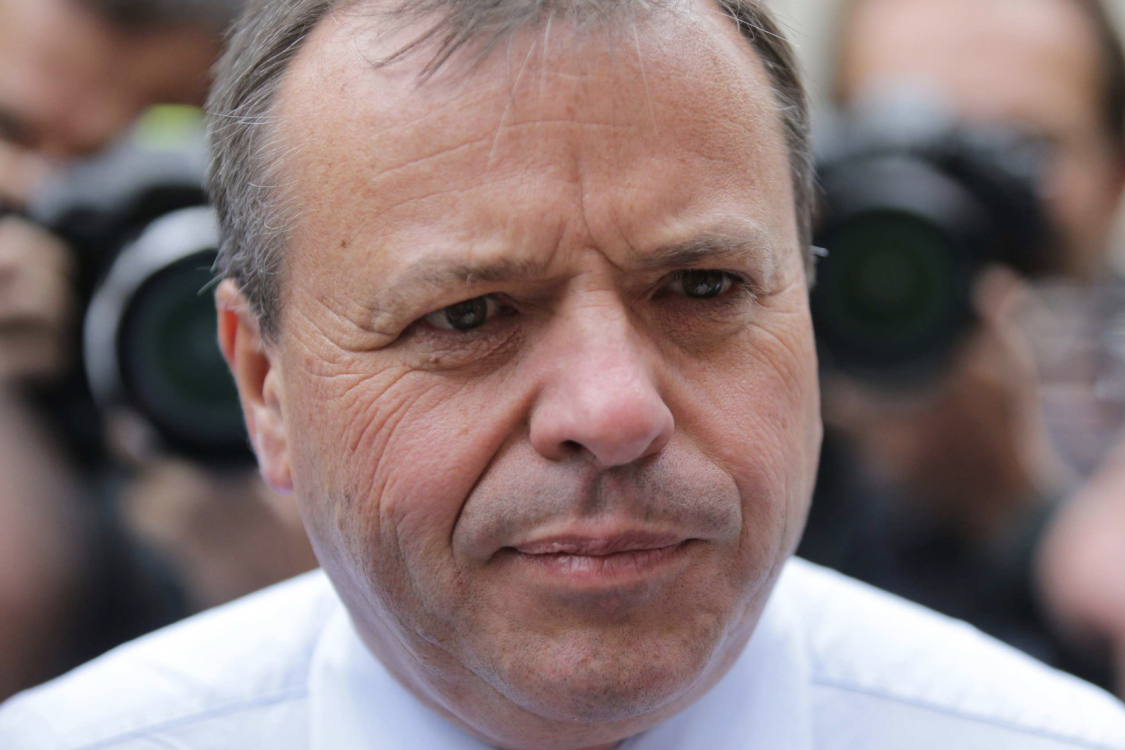
There were so many extraordinary occurrences that took place with respect to the Brexit referendum in Great Britain and the United States presidential election that, taken as a whole, simply cannot be coincidences.
First and foremost, both events were ultimately determined in a manner which was advantageous to Vladimir Putin. Second, both Brexit and the U.S. election featured Cambridge Analytica and its founders, Robert and Rebekah Mercer, as key players. Cambridge Analytica harvested over 50 million Facebook files and interfaced with members of the Trump campaign, and Russian bots that showed up in crucial Rust Belt states masquerading as politically aware next door neighbors.
Now yet another piece in the puzzle of Russian dominion over the two elections is fitting into place. U.K. financier Aaron Banks financed Brexit with the largest donation in British history after he just happened to have been offered a “sweetheart” deal on Russian gold and diamond mining projects which were only offered to a “restricted number of investors.” New York Magazine reported on Friday (emphasis added):
In both countries, the right-wing pro-Russian populists indignantly insist there is no more incriminating information to be found beyond what was known at any given moment, even as the bounds of what is known at any moment continues to expand. In Britain, billionaire businessman Arron Banks financed the Brexit referendum with the largest donation in British history. Initially, he copped to having one meeting with Russian officials. After the Guardian obtained secret documents blowing up this claim, he admitted there were actually three meetings. Now the Times has even more information, and Banks concedes the number of covert meetings has grown to four. [...]
Banks’s defense of his behavior to the Times is so absurdly suspicious it almost reads like a winking, dada joke: “The idea that things were dangled as some sort of carrots for me to be involved with the Russians is very far-fetched,” he said. “I wonder what the Russians wanted from me?” What they wanted was perfectly obvious: Banks funded a political referendum in which Russia had a strong interest in passing. Russia could not directly finance the referendum, but Banks could. Therefore, what they would want is for him to use some of the money they were dangling before him to support Brexit, which he did. At this point, it seems virtually certain that Russia did use Banks, perhaps in conjunction with Mellon, as a pass through to covertly finance the Brexit referendum.
Meanwhile, back in the United States, Donald Trump and many members of his inner circle have a long trail of financial ties to Russia. The overt behavior looks remarkably similar. Trump and his cronies refuse to disclose their precise financial connections (by, for instance, following the established norm of a presidential candidate publishing his tax returns.) They continuously lie about the number and nature of their covert contacts with Russian officials, then keep insisting with each new disclosure that there is no more to disclose and the whole question is a witch hunt. Meanwhile, they continue to deliver a policy outcome payoff to Putin.
There’s an old aphorism: first time is happenstance, second time is coincidence, third time is enemy action. There is no happenstance or coincidence with Vladimir Putin. He cuts straight to the chase all the time, every time. With respect to both Brexit and the US election, Occam’s Razor is the only tool you need. What is your gut reaction to hearing that Aaron Banks has a Russian-born wife and a vanity license plate, “X MI5 SPY,” a reference to the British intelligence agency, MI5? Or this, from the New York Times:
On Nov. 12, 2016, Mr. Banks met President-elect Trump in Trump Tower. Upon his return to London, Mr. Banks had another lunch with the Russian ambassador where they discussed the Trump visit.
“From what we’ve seen, the parallels between the Russian intervention in Brexit and the Russian intervention in the Trump campaign appear to be extraordinary,” said Representative Adam B. Schiff of California, the top Democrat on the House Intelligence Committee.
Thought so.












